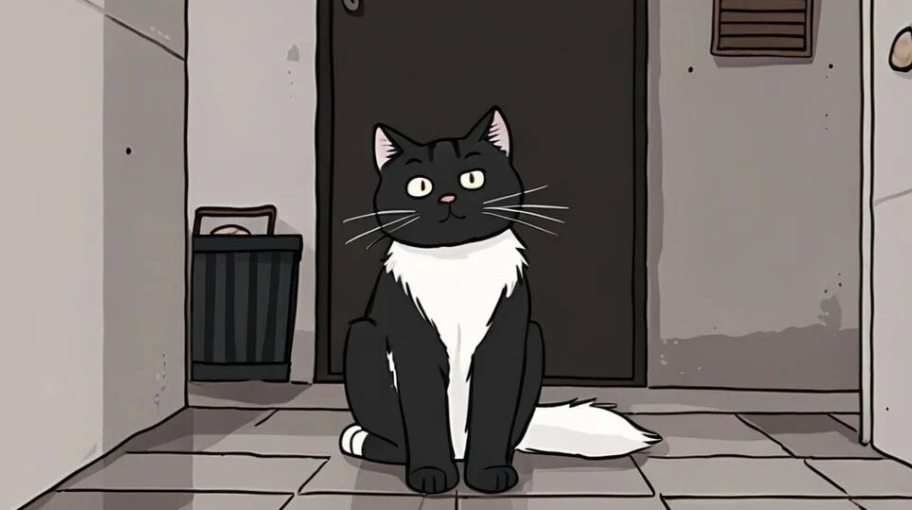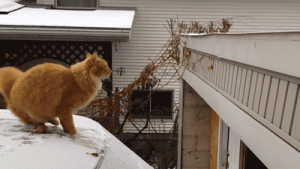Does your cat always trail behind you wherever you go?You walk into one room, and it pads right in after you—even when you head to the bathroom or take a shower, it refuses to be left out.But do you know why your cat does this?What exactly is it trying to tell you with this constant shadowing?
-
Truly Loves You
When your cat follows you from room to room, the simplest—and sweetest—reason may be that it genuinely adores you!Cats aren’t pack animals like dogs, but they still enjoy a small “family circle.” In the wild, cats often stick together for mutual protection and a stronger sense of security.Your kitty may see you as part of its own little family. By keeping a close eye on you and padding along behind, it’s saying, “You’re one of my team.”This affection often starts early: when you care for your cat like a mother, it feels that love and builds a deeper bond.So when it trails after you everywhere, it’s really a furry declaration of love.
-
Seeks Security
Another reason could be that staying near you simply makes your cat feel safer.A study observing 70 household cats in unfamiliar surroundings found that when their owners left, 65% of the cats showed clear anxiety—pacing, meowing, and restless behavior.But when their humans returned, the cats quickly approached, rubbed against them, and soon relaxed.This tells us that you may be your cat’s “security anchor.”Where you are, your cat feels protected.

-
Food Connection
Does your kitty tag along every time you head to the kitchen or the treat cabinet?That’s probably because it’s learned to associate you with food.Cats are keen observers: they notice when you open the fridge for milk, reach for the treat jar, or simply walk toward those spots.If you often reward that behavior with a snack, the habit strengthens.Now, anytime you move in that direction, your cat follows—expecting something tasty.
-
Just Bored
Sometimes, your cat’s shadowing is simply a sign of boredom.Cats are naturally energetic and curious. Without enough mental or physical stimulation, they might see you as their main source of fun.Indoor cats in particular have fewer exciting stimuli than outdoor roamers.If there are no toys, climbing trees, or regular play sessions, following you becomes the best entertainment.That’s why it’s important to engage your cat every day—ideally twice daily for 10–15 minutes each session—to keep it happy and enriched.
-
Anxiety or Health Issues
Finally, some cats follow their owners because of anxiety or underlying health problems—a reason that deserves attention.Conditions like arthritis, dental pain, or urinary tract infections can cause discomfort or pain, prompting a cat to stay close for comfort and reassurance.Anxious cats may also need your presence to feel calm and secure.
Now you know: when your cat trails after you from room to room, it can mean many things. Most of the time, it’s a sign of affection or a perfectly normal need for attention. But sometimes it can also signal illness or anxiety.If your cat suddenly becomes extra clingy—sticking to you all the time when it didn’t before—that’s something to watch carefully.So, does your kitty have the habit of shadowing you everywhere?Why do you think your cat does it?





